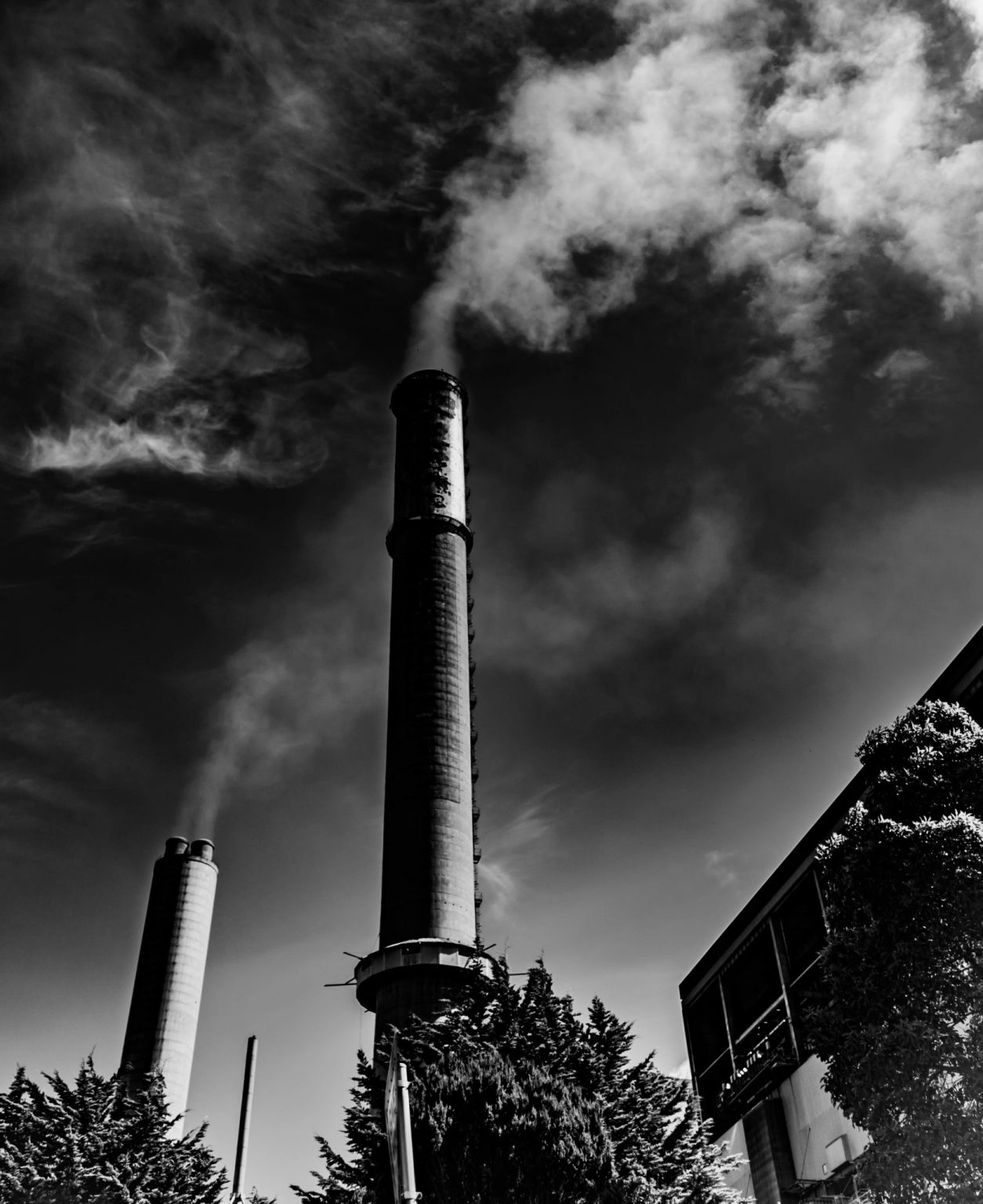As black-swan events go, COVID-19 is a pterodactyl – a mega event that threatens to blow up global economic drivers, known production paradigms, trade agreements, market values, our concept of critical industries and much more. World history is being reset, such that 2019 may seem quaint; the post-COVID-19 future is uncharted territory. The corollary is that leaders will no longer be able to reference history for “How things are done”.
We will tire of the term “unprecedented”, but consider the magnitude and breathtaking speed of change that has occurred in the global context in recent weeks:
- The S&P 500 stock-market index has recorded the most rapid fall ever, plummeting 20% in just 16 trading days; twice as fast as the next swiftest meltdown, the stock market Crash of 1929 that occurred over 30 trading days.
- Unemployment in the US alone has seen an astronomical rise. US government statisticians reported that in the week ending March 21, 3.3 million Americans had filed unemployment claims. The previous record was 695,000 claims near the end of the 1980s recession, in the week ending October 2, 1982. The Coronavirus has set off a dramatic reversal of the longest period of economic expansion in American history which saw unemployment at 3.5%, the lowest in five decades. Left-leaning think tank The Economic Policy Institute predicts that by June the jobless rate will be at almost 10%, or 14 million US people out of work.
- The global airline industry, valued pre-COVID at $880 billion, has taken a staggering hit due to country-specific restrictions on international flights, various in-country quarantining of passengers arriving from interstate and resulting trip cancellations. By April 6 Hong Kong had seen a 92.3% decrease in scheduled flights compared to 2019. India’s dramatic 21-day lockdown triggered a 68% decrease in flights as of March 30. Given most airlines have less than three months’ liquidity, their ability to survive an extended lockdown is limited.
- At the same time, carbon emissions have plummeted due to the overall decrease in travel by any transport mode as the majority of citizens of the world’s urban centres stay home – transport makes up 23% of the world’s greenhouse gas emissions, with driving and aviation respectively contributing 72% and 11% of the sector’s emissions. The BBC reported that virus-containment measures had reduced levels of pollution in New York by almost 50% compared to the same time last year.
- Government spending has skyrocketed. As industries totter under the weight of reduced workforces, restricted supply chains, and reduced spending by understandably cautious consumers or financially constrained customers, fiscal stimulus and relief packages announced by the world’s leading economies have soared to never-seen-before levels. The average stimulus package announced by G7 countries in response to impacts of COVID-19 is 4.4 times greater than those announced in response to the Global Financial Crisis of 2007-2008. The United Kingdom leads with a package 10 times greater than that implemented during the GFC; Germany comes in second with stimulus five times greater than that offered in 2008.
The implications worldwide are hard to reckon with. Available data is fractured and incomplete, with China, a global economic engine under media blackout; the world’s emerging economies in no position to report as they battle the virus largely unaided; and countries such as Sweden and Japan flip-flopping in their response to the global pandemic.
At Maximus, we speak to leaders at the steering wheel and they are understandably uncertain. There is no algorithm for what happens next. But perhaps we can acknowledge what we’ve just experienced. Can we put one foot out of the Bugatti Chiron Super Sport, stand up, loosen the shoulders and take a breath? Because that was one hell of a first few laps.

EACH TO THEIR OWN, OR A NEW INTERNATIONALISM?
Leaders around the world are making seismic calls for adjustment of fundamental social and economic systems. Jörg Wuttke, chairman of the European Union Chamber of Commerce in China recently told The Economist, “The globalisation of putting everything where production is the most efficient – that is over.”
If China was the biggest beneficiary of globalisation, what will it mean for its economy and its workforce if countries now seek to reduce their dependence on overseas manufacturing? A survey by the American Chamber of Commerce in Singapore found that 28% of businesses polled said they are looking to alternative supply chains to reduce their dependence on China. The broadening of such a trend to deglobalise would put tens of millions of jobs in the People’s Republic at stake, along with the country’s social and political stability.
How will the post-COVID-19 period affect global leaders’ will to decarbonise their economies? Can Coronavirus-stricken nations such as Italy and Spain; big spenders such as the UK; distracted nations such as Japan; and the United States’ many variously COVID-19-affected jurisdictions muster the focus to forestall the greater threat to humanity of global warming?
In March, Forbes reminded its readers that more than 48,000 people in France, more than one million in China and more than 100,000 a year in the US die annually due to atmospheric pollution – the World Health Organisation puts the annual global toll at seven million.
Lord Nicholas Stern, adviser to the UK COP26 presidency is not the only expert to suggest that, “There is an opportunity in the recovery from the COVID-19 crisis to create a new approach to growth that is sustainable, inclusive and resilient.” He added, “Now is the time to forge a new internationalism and move from this crisis to a much more sustainable economy in closer harmony with the natural world.”
Politicians and economists may look to black swans of the past to foresee what form the new world will take. They may mine the charcoal fields of the GFC, inspect the lower mandible of the Spanish Flu or the upper mandible of The Great Depression, but there is no precedent for the impact of this new viral infection.
One cause for optimism, is that black-swan events can bring new life. World War I, brought women into the workforce. The Great Depression triggered an evolution in economics itself. The shock of 9/11 shifted views on national security.
We also know that the probability of deglobalisation, increased unemployment, reduced consumer confidence, unconcerted action to preserve global ecosystems, all have major implications for business and for the direction of investment for innovation. There have never been more unknowns, threats, and therefore opportunities in the commercial environment.
Leaders will need to be constantly curious, successfully operating amidst the detail of their operations, while maintaining a perspective from 10,000 feet. Those who engage with information near and far, challenging their assumptions and rapidly incorporating macro signals into their decision making, will be better able to navigate the emerging, seemingly alien, economic landscape.
This article was conceptualised and written by the team at Maximus including Vanessa Gavan, Brent Duffy, James Aris and Maxwell Dodds.
Related Insights

The Changing Landscape of Sales Leadership
On my recent holiday I read Dan Pink’s new book, To Sell is Human. The chapters argue the growing importance of sales skills in both traditional and non-traditional sales roles. Dan’s perspective runs against the viewpoints of many that believe the art of sales is in decline. In a world full of information that is so easily accessible through technology, many think digital and social marketing is replacing the role of the traditional “salesman”

Understanding the Importance of Emotional Intelligence
Growing research over the past 15 years suggests that another key ingredient distinguishes good leaders from great leaders – Emotional Intelligence or EI. Having a good understanding of others’ EI will help you to attract, retain and grow a robust leadership pipeline.

Success and Survival — It’s All in the Mind
There are many stories of individuals who have overcome unbelievable odds, and through inner-strength, have pulled themselves to safety. But why? What makes these people different? Does this ability to survive translate into the business world?